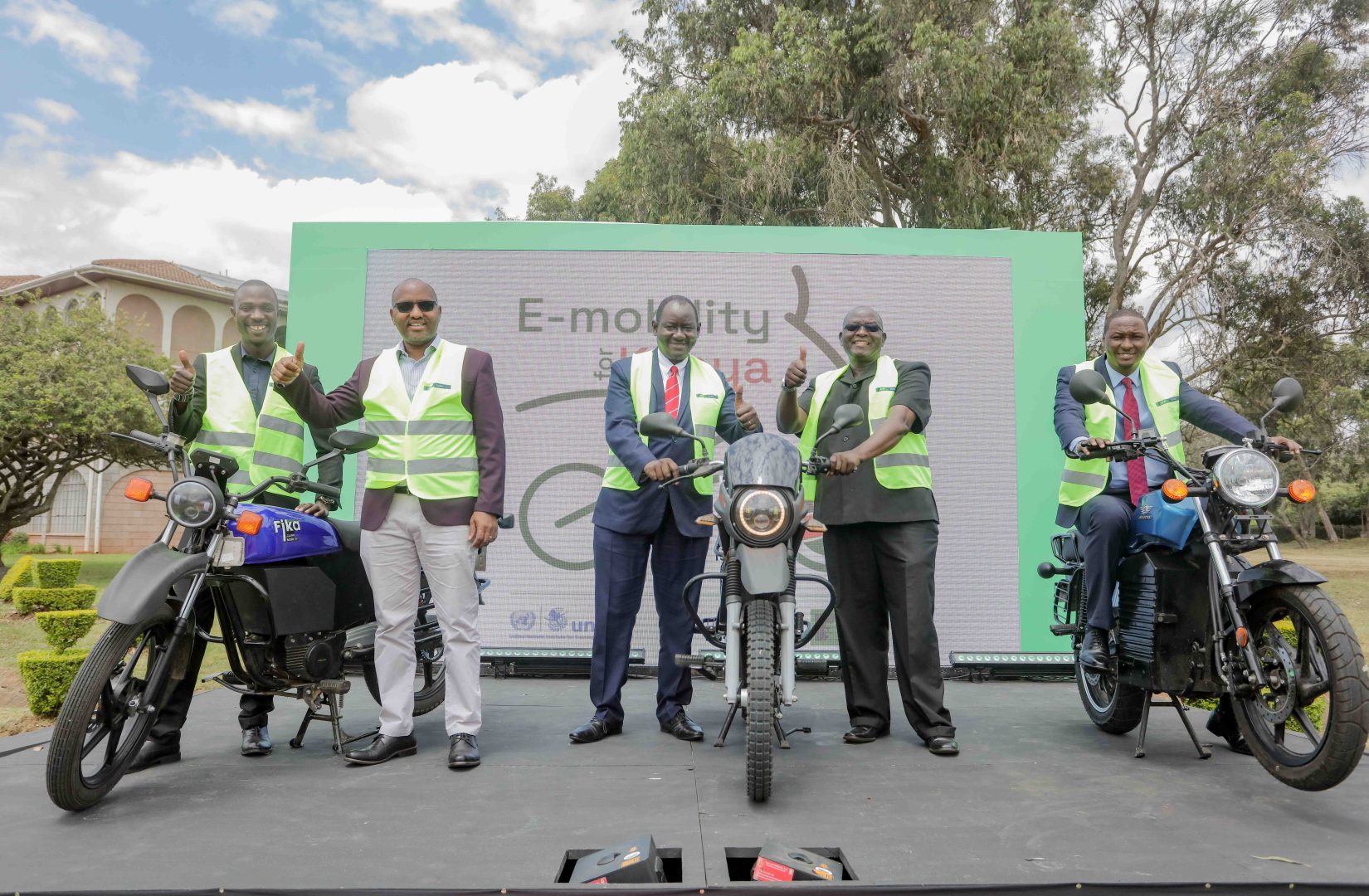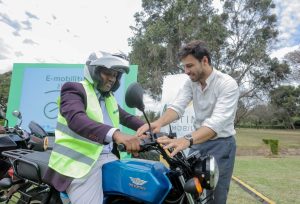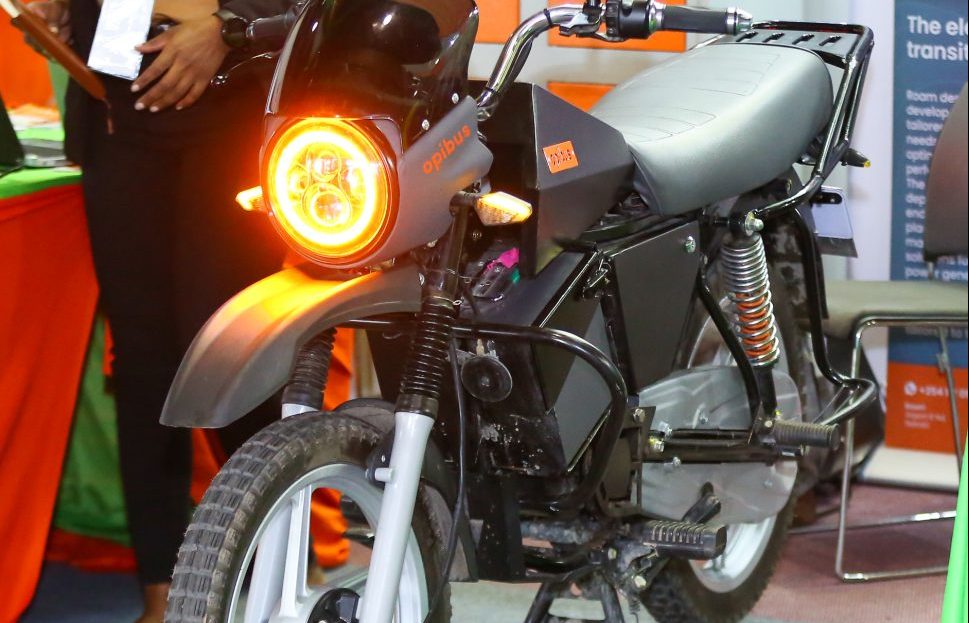Going green is the current global rallying call as the world seeks to reverse decades of mistreating Mother Earth.
Developing and implementing local sustainable development strategies and plans with the active involvement of different sectors in the local community is the major driver of the green agenda.
This is taking shape at an accelerated pace with innovations coming up to create green jobs, green spaces and even green industries that are all geared toward combating climate change.
In Kenya, the KCB Foundation and the United Nations Institute for Training and Research (UNITAR) have partnered to promote the use of electric motorbikes by boda-boda riders in the country. The goal is securing low carbon emissions while still ensuring people can earn a living.
The term boda-boda is derived from the word border-to-border which was the original use of the mode of transport along the Kenya-Uganda border. While initially, boda-bodas were mainly bicycles used for transportation, the term has grown to encompass motorcycle transportation services.

From their humble start, boda-bodas enjoyed an explosion in use following the 2008 government policy of zero-rating motorcycles below 250cc which led to a drop in motorcycle prices. This coupled with rampant unemployment pushed youths to embrace boda-bodas as a source of employment.
According to the National Transport and Safety Authority (NTSA), there were nearly 1.9 million registered motorcycles in Kenya as of 2018. In 2021, NTSA registered 285,203 motorcycles compared to the 186,434 registered in 2017.
The sub-sector provides more than one million direct jobs for riders who earn roughly less than US$10 a day. This translates to roughly KShs60 billion yearly in government revenue through taxes, levies, and other charges.
The positives of youth self-employment and government earnings are however clouded by the negative side of smoke emitted by the boda-bodas. The average motorcycle is estimated to be 10 times more polluting per mile than a passenger car, light truck, or SUV.
Therefore, the move to electric motorcycles engineered by the KCB Foundation-UNITAR partnership is a step in the right direction as it will reduce the strain on the environment.
The partnership is an effort towards accelerating the transition to a low- carbon resilient economy and enabling the transition of 25% of the total loan portfolio to green investments by 2025, as part of the KCB Net Zero ambition.
The programme involves a user acceptance test, the establishment of a lending scheme for boda boda riders, and providing skills training through 2Jiajiri, Saccos, associations, motorcycle dealers, and various government departments to support the transition to clean energy.
The pilot phase will kick off in Nairobi, Kajiado and Machakos counties, and will see 150 motorcycle riders onboarded into the programme at a cost of approximately KShs.38.7 million funded by both KCB Foundation and UNITAR.

The partnership is part of the multi- pronged approach by KCB to work with like-minded partners to support poverty alleviation and job creation efforts in line with sustainable development needs.
The E-Mobility programme will promote electric mobility and ultimately contribute to the achievement of several Sustainable Development Goals (SDGs) such as 1: End Poverty, 5: Gender Equality, 7: Affordable and Clean Energy, 8: Decent work and Economic growth, 13: Climate Action and 16: Peace, Justice and Strong Institutions.
The transition from fuel-driven motorcycles to electric ones will need investments in countrywide battery charging infrastructure. While in urban centres charging ports may not be an issue, in rural areas where demand for boda-bodas is high, electricity distribution networks are inadequate. However, solutions can be found in climate-friendly models such as using solar energy and using lithium-ion batteries to power the boda-bodas.

 Electric motorbike
Electric motorbike









